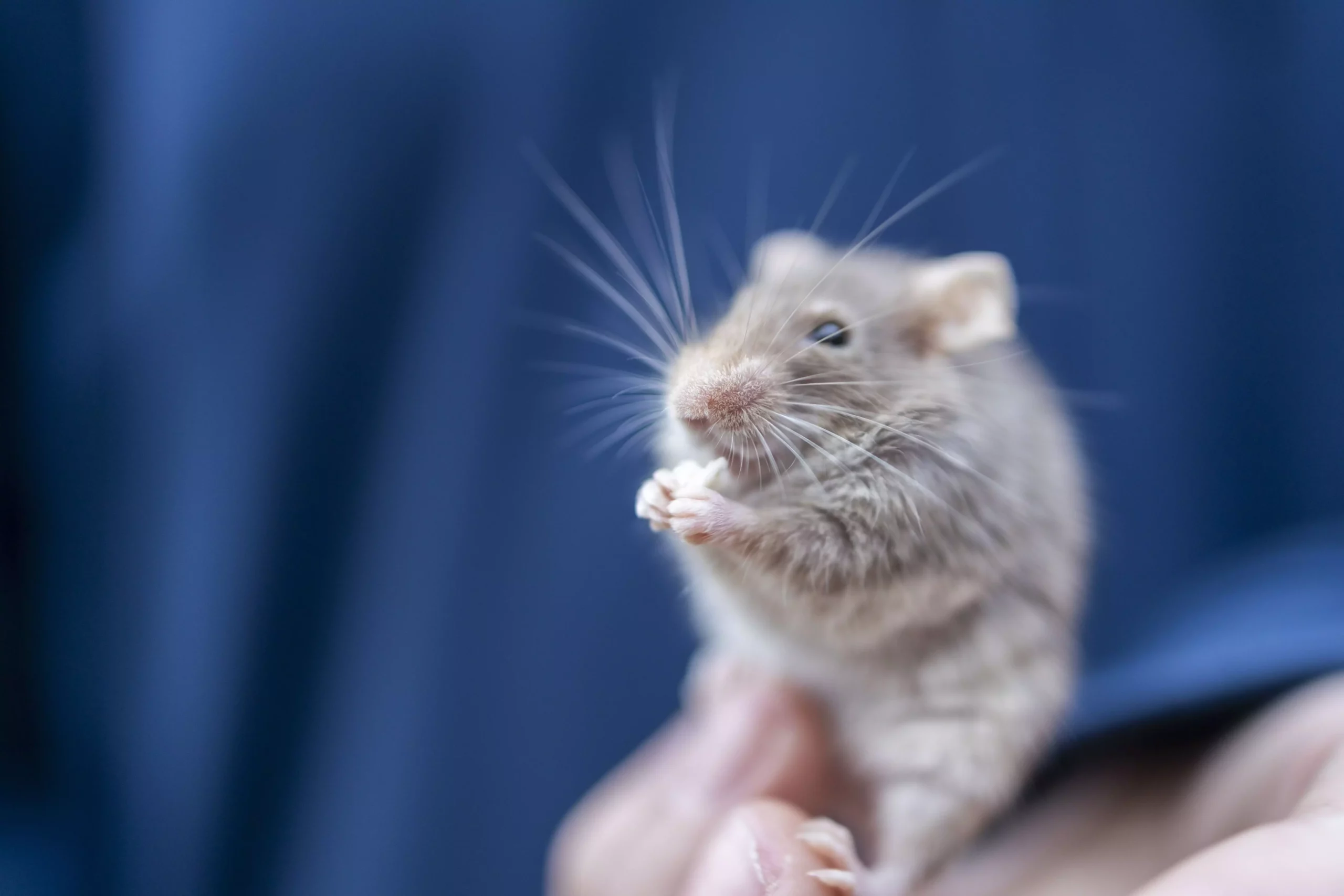Pet mice are delightful companions, renowned for their playful antics and relative simplicity in care. These charming creatures can provide hours of entertainment as they dash about their habitat. They possess a unique character that many pet owners find irresistible. Though they may not demand much in terms of care, potential owners should understand their specific needs and behaviors to ensure a harmonious relationship.
Unlike larger rodents such as rats, which tend to be more sociable and easier to handle, mice can be a bit skittish. However, if approached with patience and care—especially when introduced to handling from a young age—they can learn to trust their human companions. Mice boast a variety of colors and are characterized by short fur, rounded ears, and long tails, making them visually appealing as well.
Recognizing that pet mice are social animals is crucial for potential owners. They thrive in social settings and generally do better in pairs or small groups. Females are particularly suited to cohabitation, while male mice may exhibit aggressive behavior if they are not siblings. This inherent social nature means that owners should avoid keeping solitary mice unless they can dedicate adequate attention and interaction.
It’s essential to recognize that, like any pet, mice require responsible handling. New owners must be aware that mishandling can lead to bites or stress-induced health issues. A gentle approach, combined with ensuring a safe environment, will foster a bond between the pet and its owner. Accidents can happen, and they are delicate animals; therefore, handling them over soft surfaces can prevent injury should they escape your grasp.
To ensure the comfort of pet mice, their habitat must be designed thoughtfully. Depending on the number of mice kept, a cage based on size and ventilation is vital. A 10-gallon aquarium or wire cage with narrow bars can provide a home for one to four mice. Structures with climbing opportunities and multiple levels offer mice enrichment and exercise, crucial for their physical health.
Bedding plays a significant role in a mouse’s comfort; using aspen shavings or undyed paper bedding is recommended. Cedar and pine bedding should be avoided due to harmful oils that can cause respiratory issues. A cozy nest box will also give them a sense of security, allowing them to delve into their instinctual need for shelter.
Furthermore, mice are naturally curious and require stimulation. Introducing toys, tunnels, and chew blocks can prevent boredom and encourage physical activity—essential for maintaining their health. Caregivers should ensure that toys are safe and appropriate for their size.
Nutritional Guidance for a Healthy Life
Nutrition is paramount in extending the lifespan and quality of life for pet mice, which generally ranges from one to three years. A balanced diet consists primarily of formulated rodent pellets, supplemented with fresh fruits and vegetables. Potential owners should avoid overfeeding and adhere to guidelines on pellet serving sizes, maintaining a small bowl of fresh food at all times.
Grazing is a natural behavior for mice, and having options for snacks can cater to their habits. Vegetables like broccoli, peas, and carrots can be beneficial, but caution should be taken regarding quantities to prevent obesity. Fresh water is equally crucial and should be provided via a bottle or dish, ensuring it is clean and replenished regularly.
Like all pets, mice are prone to specific health issues. Owners should remain vigilant for signs of common ailments such as tumors, which are often malignant, or wet tail, a condition that arises from bacteria overgrowth in the gut. Recognizing symptoms early and seeking veterinary care is essential. One of the challenges of keeping mice is finding a veterinarian experienced in treating them, which can require some research by potential owners.
Monthly care costs can range between $20 to $30, covering food and bedding needs. It’s wise to budget for periodic health checkups and to replace necessary items to maintain an enriching environment for the mice.
Where to Obtain Pet Mice
When deciding to bring mice into your home, sourcing them from reputable breeders or rescue organizations is ideal. Pet stores may also have mice for sale; however, ensure that males and females are separated to avoid unintended breeding. The process of selecting a healthy mouse requires observation; look for ones that exhibit energy, clean fur, and alert demeanor.
Mice can be an excellent choice for older children capable of handling them gently, allowing families to bond over the responsibilities of care. Through understanding their social needs, habitat requirements, nutritional guidelines, and health concerns, owners can foster an enjoyable and lasting relationship with their pet mice. When provided with proper care, these tiny rodents can become beloved members of any household.

